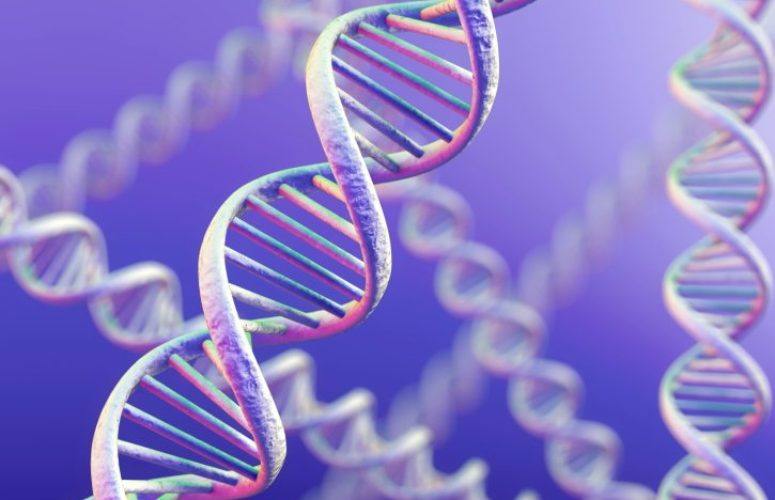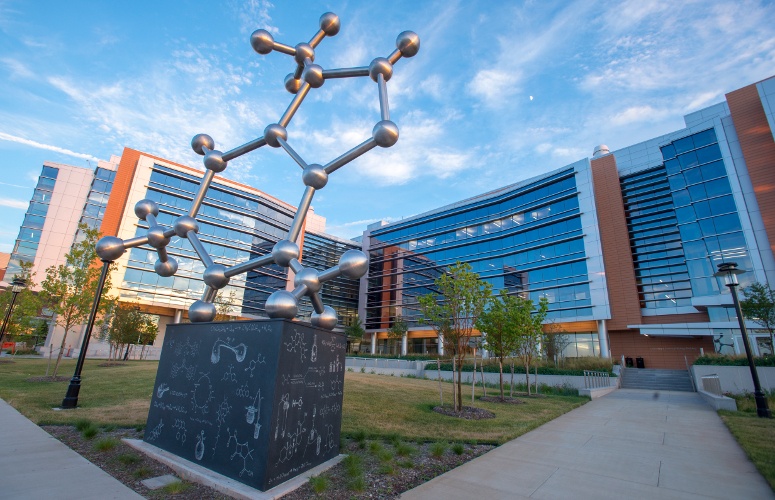
Why are NJ Colleges and Universities at the BIO International Convention?
By George N. Saliba, Managing Editor On Jun 4, 2019PHILADELPHIA, PA – The BIO International Convention is underway here, with companies/attendees from across the United States and around the world gathering for activities such as professional networking and company partnering, for example.
Representatives from New Jersey’s higher education institutions were on location, arguably embodying colleges’ and universities’ increasing efforts – and often successes – at collaborating with industry.
In addition to providing a feeder pipeline of new scientists and other STEM (science, technology, engineering and mathematics) employees for the Garden State’s biopharma and biotech industries, our state’s colleges and universities at times specifically incubate fledgling biotechnology companies and also leverage their institutional research prowess to solve problems in human health and other spheres.
The Cell and Gene Therapy Development Center is slated to open soon at the New Jersey Institute of Technology, bringing industry, academia, technology developers and regulatory agencies together to address cell and gene therapy manufacturing and processing challenges they are facing, according to Haro Hartounian, Ph.D., senior executive director, BioPharma Innovation, New Jersey Innovation Institute, NJIT.
Hartounian cites partnering with others and showcasing NJIT as two reasons the institution is at BIO International.
Judith A. Sheft, MBA, associate vice president strategic relationships and external affairs at the New Jersey Innovation Institute at NJIT says, “NJIT, historically, has always been an institution that liked to work on real-world problems. Faculty members at NJIT have always been interested in getting their hands dirty with problems from industry.”
The broader life sciences landscape includes large, traditional pharmaceutical companies long since experiencing many of their “blockbuster” medications’ patents expire as the scientific world, at the same time, shifts parts of its cutting edge from a paradigm of synthetic organic chemistry to an era increasingly aimed toward manipulating human immune systems and modifying genetic structures in the face of their deficiencies.
That change has been exponentially catapulted by the synergies of massive supercomputers, associated data analytics, and the ability of scientists to rapidly, globally collaborate on all matters.
And while pharmaceutical companies are often using their monies and market know-how to purchase biotechnology companies, the aforementioned colleges and universities are, again, engaged with industry – often with practical solutions and collaboration.
Speaking broadly in a separate interview, Donald H. Sebastian, Ph.D., president and CEO of the New Jersey Innovation Institute at NJIT, says, “We are here to help connect to the decision makers at [large] companies that are looking for the smaller, emerging companies that we might be able to attract: Either to retain in New Jersey or attract to New Jersey, and let them know what we are trying to do in terms of facilitating them. Cell and gene therapy is just one example.”
Rowan University
For Beena Sukumaran, PhD, vice president, in the division of university research, Rowan University, the BIO International Conference represents a time for a “Connection with a new person, identifying opportunities for our faculty, looking for folks who would license some of our patented technology – and looking to engage other industry units from around the world, on research, with our institution.”
Rowan University is a Carnegie II research institution, with focuses on healthcare, biomedical engineering, biomedical sciences, and in medical devices, for example. Rowan University also has two medical schools: the Rowan University School of Osteopathic Medicine in Stratford, and Cooper Medical School of Rowan University in Camden.
Sukumaran says, “A significant amount of our research is actually focused on healthcare: Healthcare delivery, healthcare education, and there are some areas of emphasis that we are focusing on, like cancer.”
As she helps represent Rowan University at BIO International, she adds that opioid addiction, neurosciences, biomedical sciences and engineering and medical devices are additional areas of research interest at Rowan University.
What might be the good news? Other entities have similar interests, here at BIO International.
To access more business news, visit NJB News Now.
Related Articles:





